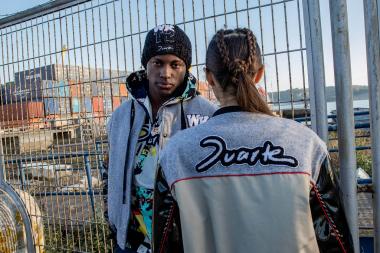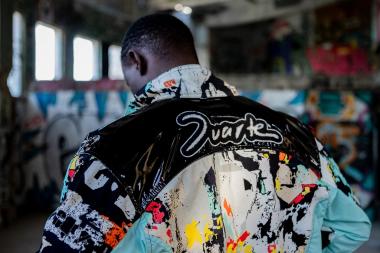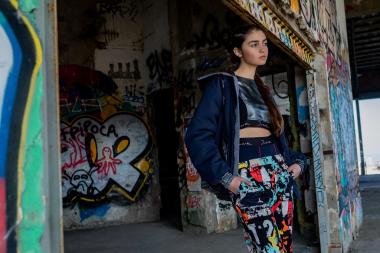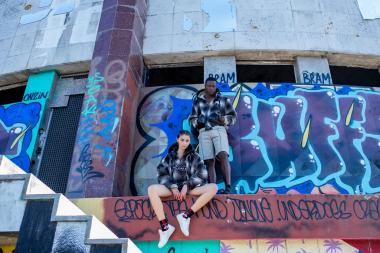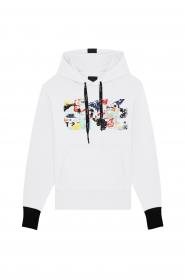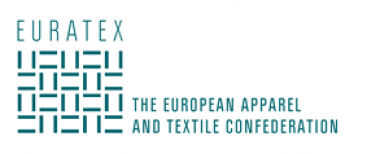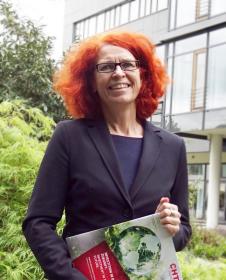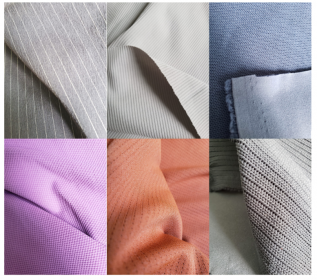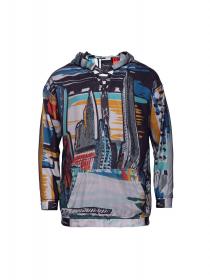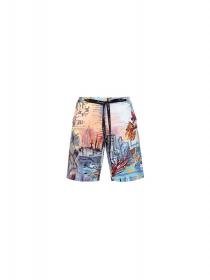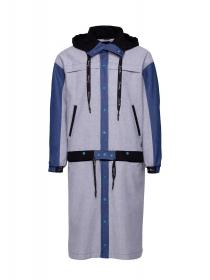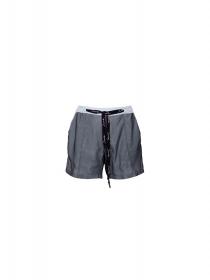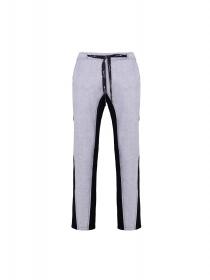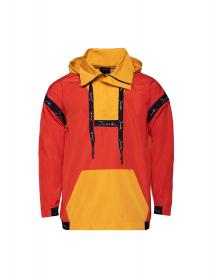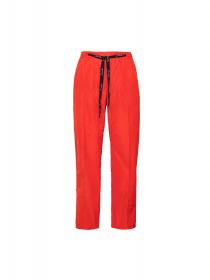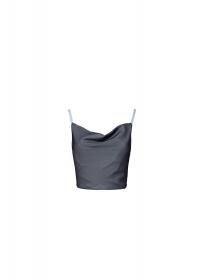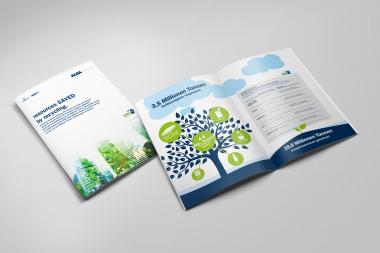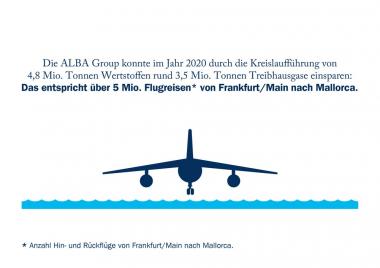DUARTE returns to Milan Fashion Week
- C.L.A.S.S. ICON 2021 winner DUARTE returns to Milan Fashion Week launching its SEASON 2 “Eco-Street Dance” collection as a special feature at White Sustainable Milano inside the “Unveiling the fashion backstage” event
By mixing C.L.A.S.S. responsible materials, colorful prints, urban feels and artistic inspiration, the Portuguese streetwear brand creates a new style and a clear yet cool message for conscious fashion consumers
The rewarded 2021 C.L.A.S.S. Icon Award Portuguese brand Duarte is ready to presents its Fall/Winter 2022/23 collection developed in collaboration with C.L.A.S.S. Eco Hub during Milan Fashion Week. With the support of WHITE, Duarte’s creations will be featured as a special project at WSM (WHITE Sustainable Milano) platform space inside “Unveiling the fashion Backstage”, a docu-event focusing on an immersive journey into the amazing world of premium and smart supply chains that make innovative and responsible fashion wardrobes a reality.
For its second collection Duarte still counts on C.L.A.S.S. support in sourcing materials and communication activities as part of the Icon Award yearly program. The streetwear designer Ana Duarte, with the help of the Milanese hub, is back with a renewed collection that counts 40 pieces continuing the concept and the story behind the previous World Keeper: the irresistible superhero Tadao - Ana Duarte’s dog – fighting against the environmental issues created by mankind and personified as Smog Man (air pollution), Fire Man (climate change), Deforestation Man (forests destruction) and Wave Man (water overconsumption).
This time the inspiration is also Street Dance drawn directly from the city streets, with majorly unisex pieces (apart from some small specific details linked to sizes or ergonomics) and materials that both respect the planet and keep you warm. The prints drawn from ripped posters giving birth to a sort of new style that we can name “Eco-Street Dance”. The color palette explores the dark shades of grey, cream, blue and black, with artistic pops of color of a hopeful urban culture that tears apart posters from the past and turns them into a new brighter story.
The linings complete the full sustainable picture, thanks to Bemberg™ by Asahi Kasei fabrics by Gianni Crespi Foderami. Bemberg™ is a new generation material made from the smart-tech transformation of cotton linter pre-consumer material, converted through a traceable and transparent closed loop process. Entirely made in Japan, it comes with Compostability and Ecotoxicity Certifications verified by Innovhub-SSI, RCS, OEKO-TEX® Standard 100 and the Eco Mark certifications. The factory is ISO 14001 certified, too.
The collection will mark the return of Duarte’s cool and responsible style to Milan Fashion week and White Sustainable Milano. “We are proud to support Duarte as her style, her creations, visual communication and message are so beautiful, innovative and responsible. On top of that, her message to the consumer is so clear and easy for everybody to understand. With Duarte it is very easy to make a “conscious choice” without any sacrifice, and completely in line with the C.L.A.S.S. manifesto” says Giusy Bettoni, C.L.A.S.S. CEO & founder.
DUARTE Milan Fashion Week White Sustainable Milano sustainable fashion Asahi Kasei Bemberg™ C.L.A.S.S.
C.L.A.S.S.







